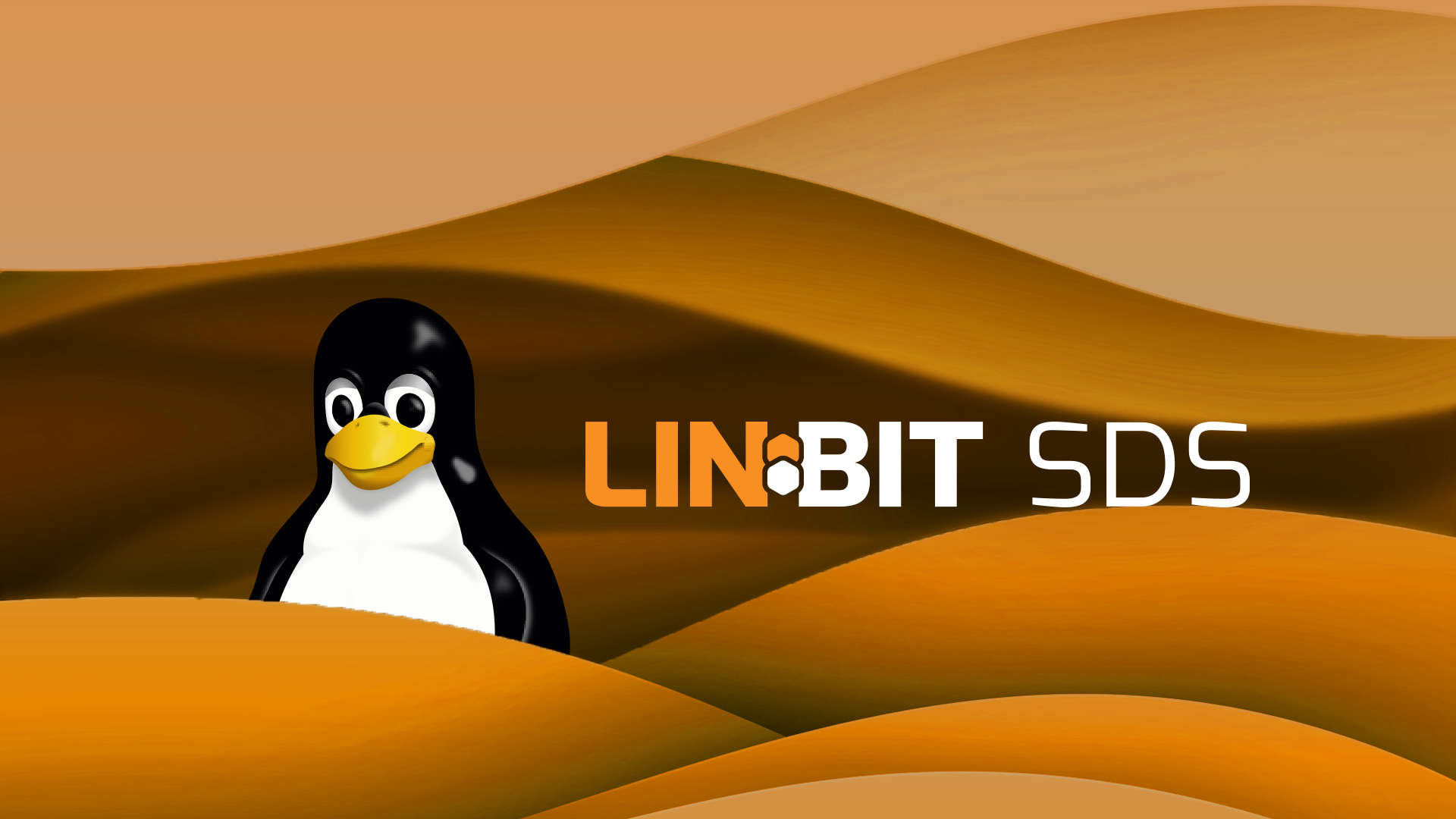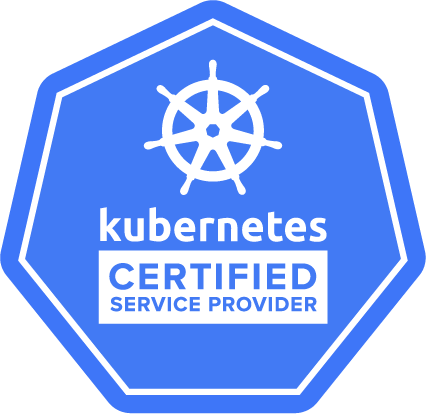In the tech world, a “layered cake” approach allows IT shops to enable new software capabilities while minimizing disruption. Need a new feature? Add a new layer. But like “too much of a good thing,” this approach has caused the IT stack to grow over the years. Software layer bloat and complexity can lead to poor system performance.
Keeping all the layers of a tall stack version-tested and conflict-free can be both complex and costly. This is especially the case when you deal with virtualization and containers. You want VM-native and container-native semantics and ease of use, but you also want speed, robustness, and maintainability. What’s the best path? Do you add a new layer, or add functionality to existing layers?
LINSTOR uses existing features
There is a better way. The idea is to fully leverage the functionality that already exists and has been taken through its paces. So, before adding anything, users should see what features are natively supported in their environment. You can start with the OS kernel and work your way up. We went through this analysis when we built LINBIT SDS® and LINSTOR®.
It turns out there is a lot of SDS-type functionality already inside the Linux kernel and the OS. Software RAID adds drive protection, LVM does snapshotting; there is replication, deduplication, compression, SSD Caching, etc. So, no need to reinvent the wheel when building a storage system. But these efficient and reliable tools need to be presented in a VM-native or container-native way so that the software is easy to use and fits the way users interact with VMs or containers. This is where LINSTOR comes in.
Integrations to Kubernetes and OpenStack
LINSTOR is a Linux block device provisioner that lets you create storage pools, defined by which Linux block storage software you want to use. From these storage pools you can easily provision volumes either through a command-line interface (CLI) or your favorite cloud/container front-end (Kubernetes, OpenStack, etc). Simply create your LINSTOR cluster, define your storage pool(s), and start creating resources where they’re needed on-demand.
With LINSTOR, you can:
- Scale out by designating nodes as controllers or satellites
- Display usage statistics from participating nodes
- Define storage pools for different classes of storage
- Set security/encryption for volumes
- Deploy in Non-Converged or Hyper-Converged infrastructures
- Define redundancy for each volume
- etc.
In short: you can do everything a more complicated SDS product provides, but in a lighter weight, more maintainable, faster, and more reliable fashion.
Don’t just take our word for it. In a recent report titled, “Will the Operating System Kill SDS?“, Storage Switzerland covers this approach.
Try it out. Test it. Play with it. Commit code to it. Send us your feedback. As always, we’d love to hear from you about how you use the software so that we can make the software better in future revs. Our goal is the same as it has been for nearly 20 years. We are reducing the cost and complexity of enterprise storage by enabling customers to choose Linux for their back-end storage in any environment.
Building on open-source software and leveraging the capabilities in the Linux kernel results lower TCO, always-on apps, and always-available data for enterprises everywhere.


